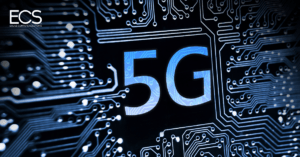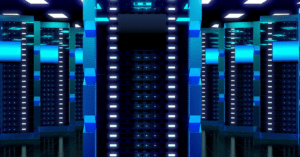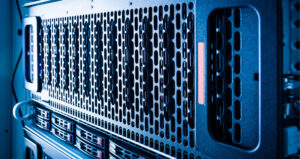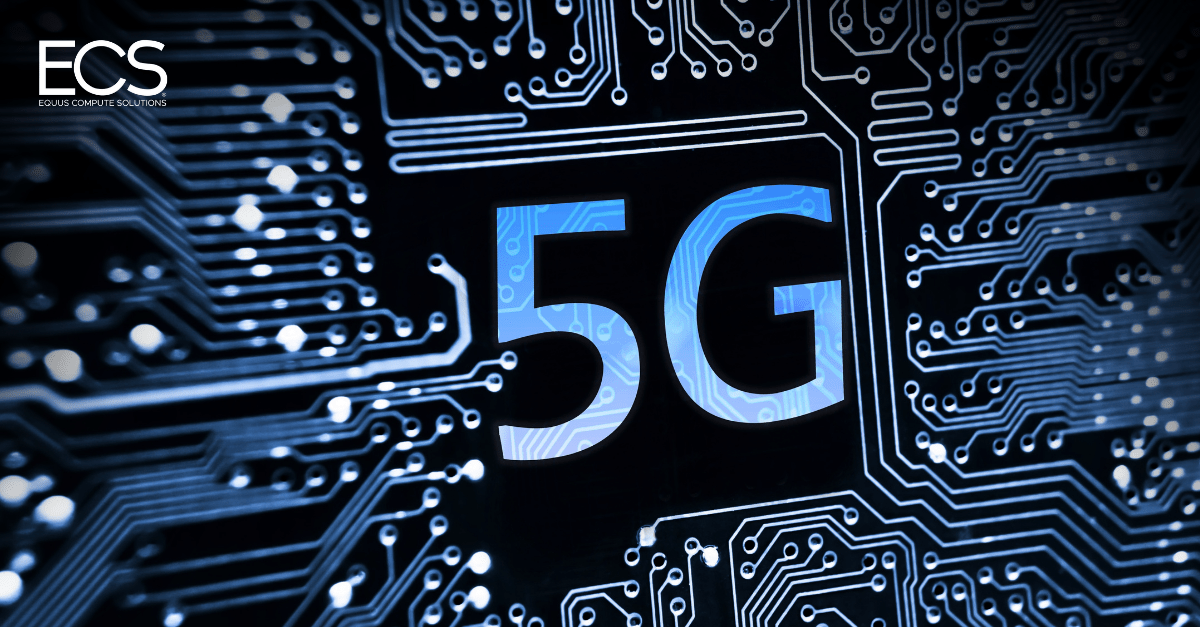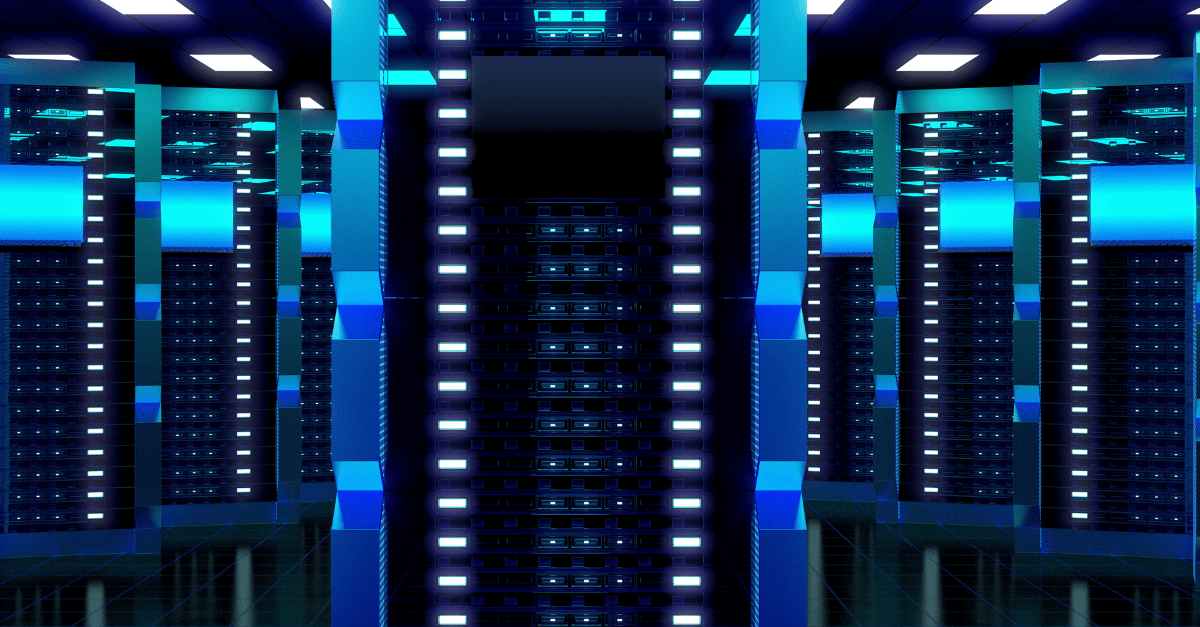An incomprehensible amount of data is created every day — around 2.5 quintillion bytes, to be exact. To put that in perspective, one quintillion seconds is about 32 billion years, twice the estimated age of the universe. Yet, the amount of data created each day is 2.5 times larger than that. And part of this massive sum of data comes from your business.
To manage their ever-growing data stores, many businesses use enterprise data centers. An enterprise data center is a facility owned exclusively by a single organization that is used to power its computing requirements. Other types of data centers include colocation, hybrid, edge, and hyperscale. Technically, hyperscale data centers are also enterprise data centers, but the scale at which they operate puts them in a different category.
Choosing the appropriate type of data center depends on your organization’s computing needs which are heavily impacted by your security, compliance, and budget requirements. Building your own data center is expensive, and often, organizations lack the funds to pursue this route. Thus, companies look for alternatives like cloud computing and colocation centers.
One thing to keep in mind is that a data center can be a manageable expense, especially if you’re using it for a specific workload. In fact, businesses often prefer hybrid solutions that leverage on-premise hardware for specific use cases and cloud computing for the rest of their computing needs.
Best Practices for Your Enterprise Data Center

Every data center, big or small, is comprised of four main components: computing, storage, networking, and power. With that in mind, the scale, purpose, and design will vary based on company needs. So it’s good to base your design on principles instead of rules to help you construct your data center in a flexible, forward-thinking manner.
- Build with a modular design. Choosing components that fit a predictable design standard ensures that you can upgrade with relatively little effort. Some modular data centers include fully prefabricated enclosures, while to others, modular may refer simply to the technology. The goal is to ensure that your choices allow you to upgrade with ease and avoid vendor lock-in, which is a big reason why companies look for white-box solutions.
- Enable resource sharing with software. You may think that data center performance and efficiency depend solely on what kind of hardware you use, but you’d only be half right. Software also plays a pivotal role as it can significantly increase resource utilization. For example, when leveraging composable disaggregated infrastructure, hardware is abstracted so that resources can be easily allocated wherever they’re needed.
- Plan for the worst. Even the best hardware setups aren’t immune to the effects of data breaches and natural disasters. It’s necessary and even required in some industries to have a strategy in place for protecting your data. For example, many companies build their data center on raised floors to protect their infrastructure in flood-prone areas. A few questions that can help you develop your data continuity plan include:
- Do we have an offsite or cloud backup in place? Are they regionally distinct from my HQ?
- Do we have a plan for restoring data after a disaster?
- How will we notify the affected parties after a disaster?
- Being green saves you green. After initial data center construction costs, the biggest expense is power usage, which includes lighting, cooling, equipment, etc. One way to make your equipment more efficient is to choose hardware that fits your precise needs.
It may be tempting to purchase the biggest, “baddest” hardware on the market. But if it doesn’t fit your needs, you’ll spend more initially on your running costs, which may far outweigh the cost of upgrading slightly earlier. Additionally, by lowering your resource usage, you also happen to be better for the environment. - Prioritize security. Security is as important to the enterprise data center as the technology itself. Breaches cause financial pain, ruin your reputation, and take time to repair. Your business can avoid breaches and mitigate damage by adopting strong practices around security. Common security precautions include:
- Protecting physical equipment by limiting access to devices that contain sensitive data.Using firewall devices to prevent external attacks from penetrating your network
- Hiring security leadership that can help establish policies to protect your business
Data centers are complex, and there is no one-size-fits-all solution. By leveraging the best practices in your data center, you can design it to support your business applications today and into the future.
Simplify Your Data Center Infrastructure Management
Data center hardware isn’t a strength for every business. After all, you have to concentrate on your core business to keep customers happy. Equus has over 30 years of experience designing, deploying, and maintaining data center hardware. If you’d like to discuss how we can help you lighten your hardware management workload, let’s talk.


